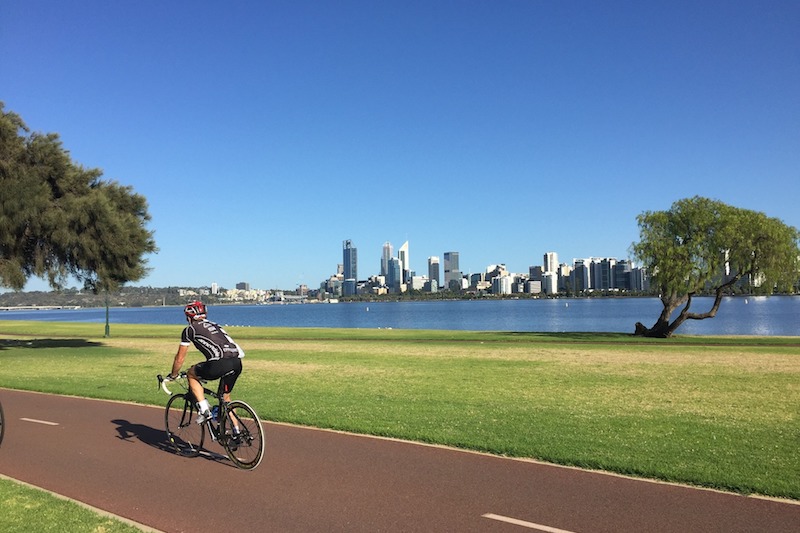Infrastructure Delivery Post-Covid-19 Is Research Focus
The continued growth and prosperity of Australian cities is underpinned by the timely and effective delivery of infrastructure, including transport, healthcare, education and other vital services.
In managing this growth, however, governments and industry must be prepared to respond to evolving challenges, such as climate change and the Covid-19 pandemic, which demand new ways of practice to ensure Australian cities remain prosperous and liveable, both in the short and long term.
To help meet these challenges, the Australian Housing and Urban Research Institute (AHURI) has launched three inaugural Cities and Urban Research projects focused on important urban policy questions.
These projects explore government co-ordination in delivering cities policy; responses to urban transportation challenges; and integrating social infrastructure with new housing supply.
All of the research is intended to inform better planning and development of Australian cities.
Can we better align new social infrastructure with new housing?
The latest AHURI report examines the delivery of social infrastructure in outer suburban growth areas in relation to the supply of new residential dwellings and population growth.
This is important because social and community infrastructure, such as schools, health services, leisure and recreation facilities, is critical for the functioning of urban areas and the wellbeing of communities.
The pandemic has reiterated the importance of such amenities within local communities, yet many new greenfield developments experience a considerable delay between residents moving in and social infrastructure being provided.

One reason for the delay in social infrastructure being delivered to new communities is the fragmentation of delivery agencies and lack of co-ordinated, timely sharing of data.
AHURI’s research highlights the potential of utilising spatial data sets to inform and measure the performance of spatial planning and infrastructure delivery.
The research finds that large geographical datasets which now exist, have the ability to show, almost in ‘real time’, where urban growth is happening and how quickly change is occurring, essentially allowing planners to track building and residential supply at extremely fine spatial scales.
Government and practitioners could use this immediate data to inform the provision of essential social infrastructure.
The research has developed a mapping tool to assess the spatial accessibility of social infrastructure in new residential developments.
This innovative measure could be used to enhance housing and urban development outcomes across Australia.
Results of this research can be used to inform policy formation and planning of social infrastructure in urban growth areas to provide an evidence base to track the delivery of social infrastructure and its accessibility for residents as well as serve as a planning and evaluation tool to locate new infrastructure.
It can also develop a shared data platform to facilitate coordination between government agencies, urban planners and property developers, optimising the planning and development of infrastructure
Re-shaping our cities post-pandemic
Findings from the research will be presented at AHURI’s coming conference Uncharted urban futures: Australian cities post pandemic to be held on July 29. You can attend in person or virtually.
The conference will offer insights into how the development of Australian cities might be re-shaped through changing population mobility and innovative modes of delivering transport and social infrastructure.

The delivery of social infrastructure in a post-coronavirus context will be a particular focus during the conference.
Since the start of the pandemic, AHURI has gained new insights into how social infrastructure can be reshaped to respond to community needs.
While the importance of accessing green space and goods and services locally was revealed by the crisis, the configuration and use of public space changed.
Innovation in the delivery of many health and support services by distance was also trialled, which may change the way policy makers understand the infrastructure requirement for ‘vital services’ across Australian cities.
How will these learnings re-shape the demand for, and delivery of, social infrastructure in years to come?
You can register for AHURI’s hybrid cities conference being held on Thursday 29 July 2021. Attend either in-person or online at https://ahuri.eventsair.com/cities/.
The Urban Developer is proud to partner with AHURI to deliver this article to you. In doing so, we can continue to publish our free daily news, information, insights and opinion to you, our valued readers.















